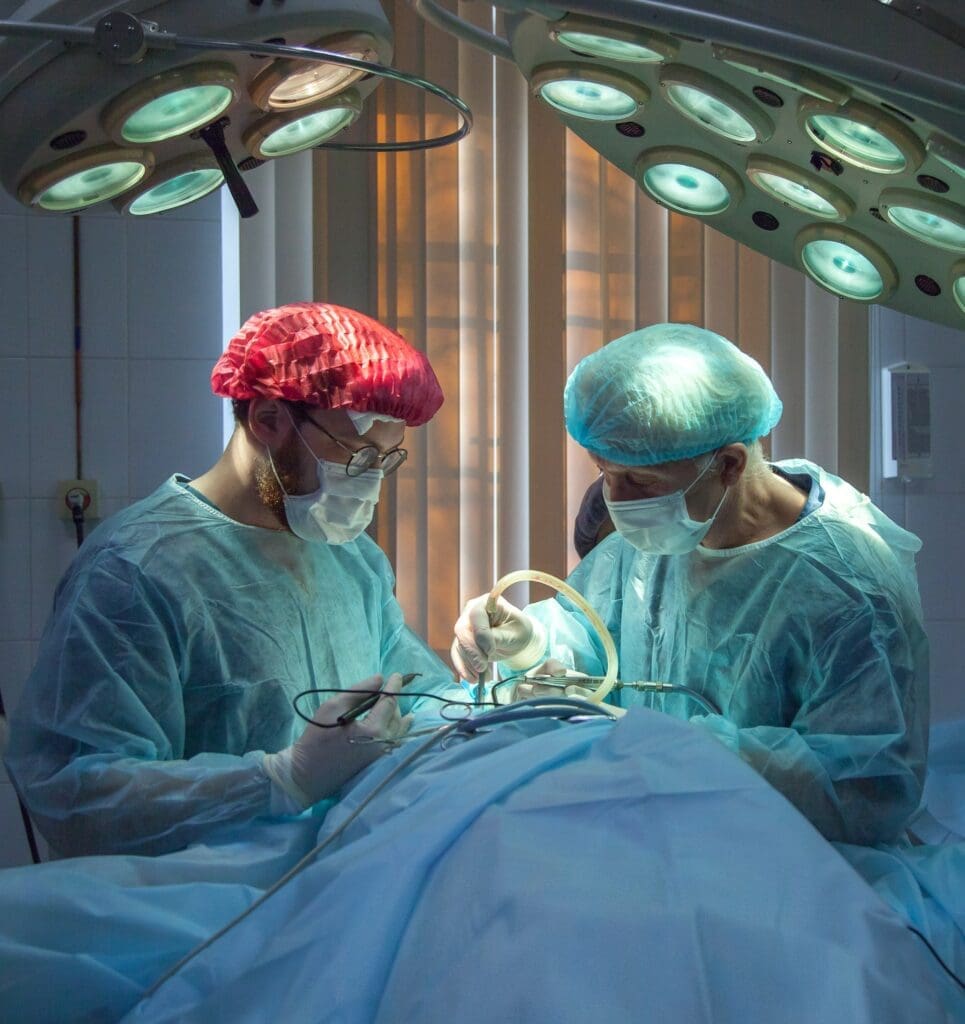Despite the rapid advancements in technology helping to improve healthcare across the board, mistakes can always happen. Read on for a closer look at the most common surgical mishaps in recent times…
If we ever need to go in for surgery, we’re lucky enough to be cared for by incredibly skilled surgeons who have dedicated their lives to their craft. In the vast majority of cases, surgeries go by without any mistakes occurring. That said, as in any profession, human error is always a potential risk that needs to be taken into consideration.
It’s an unfortunate truth that there have been multiple instances of mistakes taking place during surgery that have had an adverse effect on a patient’s health. In the most serious cases, these medical negligence cases can sometimes lead to avoidable deaths.
Be sure to keep reading for a detailed look at why surgical mistakes might happen and what the most common mistakes look like in the 21st Century.
Why Do Surgical Mistakes Happen?
Surgical mistakes can happen for several reasons, including:
Lack of Training
If a surgeon hasn’t been properly trained or lacks the relevant experience to deal with a certain situation, they shouldn’t have been put in the position to perform a surgery. While this may seem obvious, plenty of surgical mistakes have occurred after a surgeon overestimated their abilities or has been assigned to perform a surgery without properly preparing beforehand.
Lack of Available Staff
Sometimes the mistake will stem from a lack of available staff in a hospital. During times of difficulty for a hospital, such as a high number of patients compared to available staff, there may be a lack of support staff responsible for patient care.
Poor Communication
For a hospital to work efficiently, communication is key. When communication breaks down, either between individuals or different hospital teams, the results can be devastating. In many cases, surgical mistakes occur simply because an important message was not properly relayed at an early stage.
Fatigue
Being a surgeon is incredibly tiring. The hours are long, the work is incredibly complicated, and the breaks are few and far between. This can be unsafe for performing surgery, as absolute focus and attention are a must.
Administrative Errors
Sometimes, an error in the operative theatre can be put down to a simple administrative error further down the line. All it takes is for a file to be placed in the wrong place, leading to the wrong patient being treated or the wrong procedure being performed.

7 Most Common Surgical Errors in the 21st Century
Foreign Objects Left in Patient’s Body
One of the most common surgical mishaps that continue to occur in the 21st Century is when a surgeon inadvertently leaves a medical equipment piece in the patient’s body. Countless different pieces of equipment are used during surgery, with some being incredibly small and easy to miss if something goes wrong.
If a foreign object is left in a patient’s body, this could result in serious pain or infection – including sepsis. If it’s not treated quickly, sepsis can be fatal.
Performing the Incorrect Procedure
While it may seem hard to believe, there have been plenty of instances of the incorrect procedure being carried out on a patient. This is usually due to a communication or administrative error and could lead to a completely unnecessary and time-consuming operation.
For example, a patient may be scheduled for knee surgery, only to wake up to find that a completely different procedure has been carried out. Not only does this put a redundant strain on that patient’s body, but it also delays the treatment they were originally expecting to receive.
Anaesthetic Errors
Anaesthesia, whether it’s general or local, is always applied when someone heads towards surgery. That said, it’s possible to apply the incorrect amount, which could lead to the patient waking up during their surgery or even applying the incorrect anesthesia, which the patient is allergic to.
If there is a problem with anesthesia, the surgery will usually need to be aborted, which could have a devastating impact.
Nerve Damage
A surgeon will always strive to solve the specific health condition that has led to surgery. But, in certain circumstances, they may be causing further damage, leading to another serious condition.
A small misstep could lead to a damaged nerve, potentially leading to a lifetime of infection or disability.
Wrong Side Surgery
As humans, we have two of plenty of body parts – two arms, two legs, two kidneys, and so on. That can pose an issue when one part of the pair is being operated on.
There have been a number of instances where surgeons operate on the ‘wrong side,’ performing a procedure on the healthy body part. For example, if someone is having an infected kidney removed, it’s possible that a surgeon mistakenly removes the healthy kidney.
Patient Mix-ups
It’s one thing performing the incorrect procedure on a patient, but what about operating on the wrong patient altogether? It should go without saying, but this is one of the most significant mistakes anyone can make regarding surgeries.


Are There Any Other Common Surgical Mishaps You Can Think Of?
In the grand scheme of things, mistakes happening during surgery are few and far between. However, as you can see, if they do occur, they can have serious impacts on a patient – both in the short and long term.
Can you think of any more common surgical mishaps? Or any other explanations for why they might occur? Feel free to leave a comment below so we can keep the discussion going!
Featured Image by Sasin Tipchai from Pixabay




